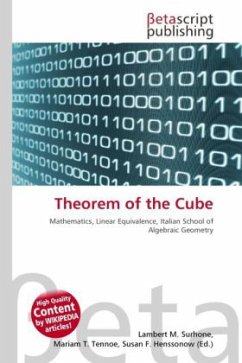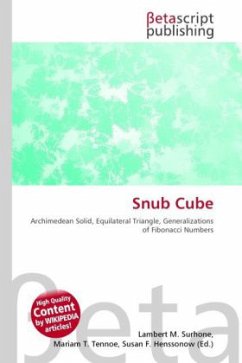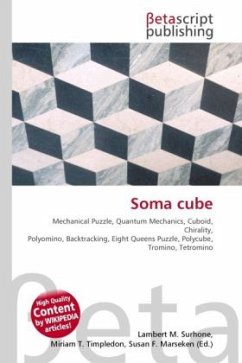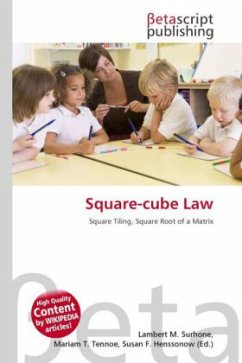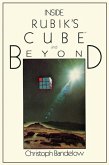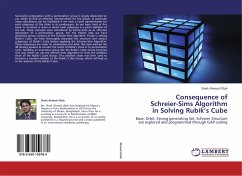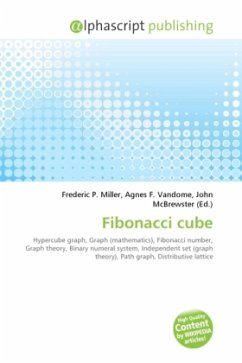High Quality Content by WIKIPEDIA articles! In mathematics, the theorem of the cube is a condition for a line bundle of a product of three complete varieties to be trivial. It was a principle discovered, in the context of linear equivalence, by the Italian school of algebraic geometry. The specific result was proved under this name, in the early 1950s, in the course of his fundamental work on abstract algebraic geometry by André Weil; a discussion of the history has been given by Kleiman (2005). A treatment by means of sheaf cohomology, and description in terms of the Picard functor, was given by Mumford (2008). The theorem states that for any complete varieties U, V and W, and given points u, v and w on them, any invertible sheaf L which has a trivial restriction to each of U× V × {w}, U× {v} × W, and {u} × V × W, is itself trivial. (Mumford p. 55; the result there is slightly stronger, in that one of the varieties need not be complete and can be replaced by a connected scheme.)
Bitte wählen Sie Ihr Anliegen aus.
Rechnungen
Retourenschein anfordern
Bestellstatus
Storno

